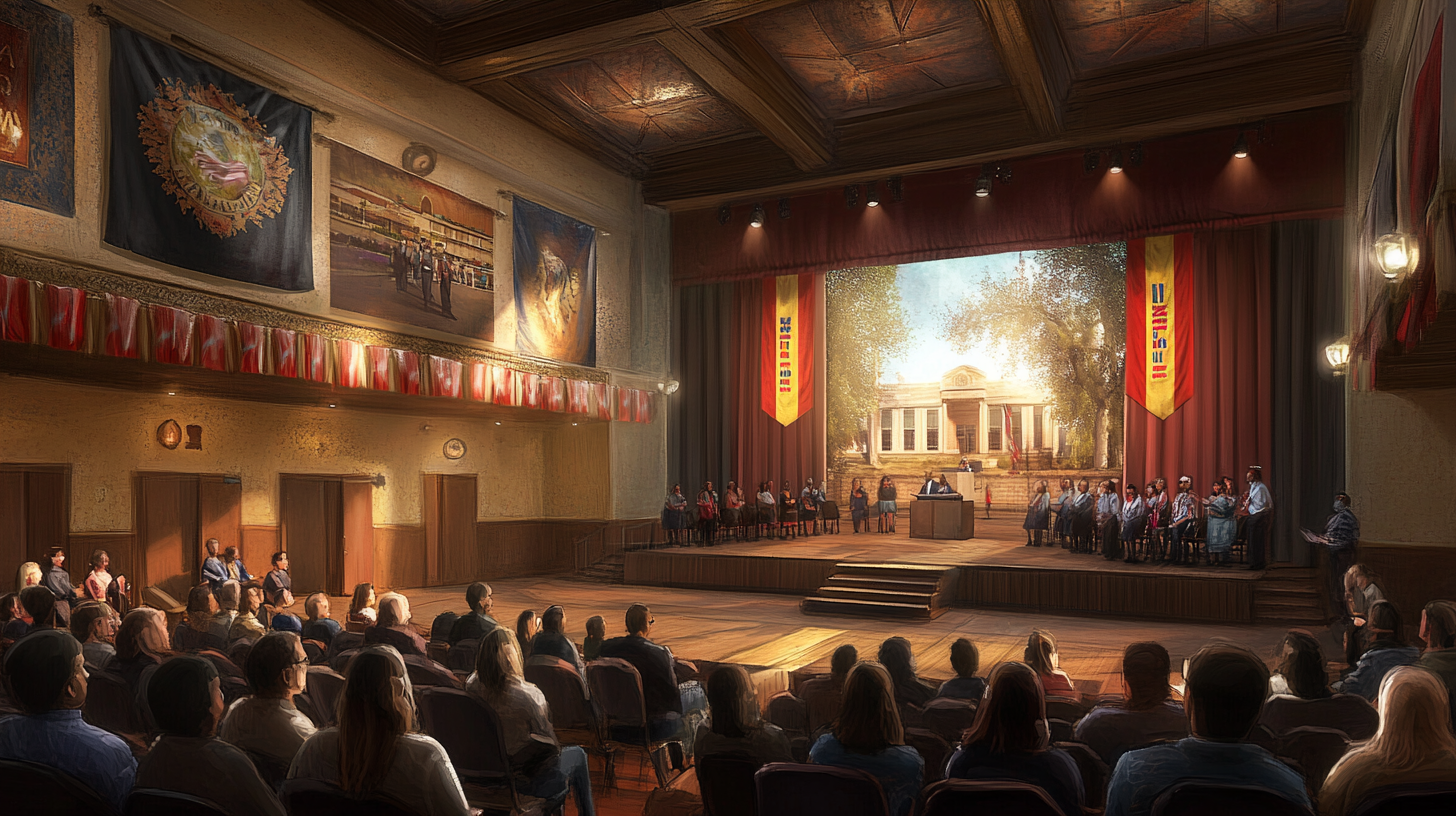**McAllen Candidates Debate Key Issues: Infrastructure, Water, and Transparency**
In front of an engaged audience at South Texas College, candidates for McAllen’s City Commission faced off on critical issues affecting the community, such as infrastructure, water security, taxation, and government transparency. The **Futuro RGV McAllen Municipal Candidates Forum**, moderated by local lawyer Laurel McLeaish and former political professor Christopher Marshall, offered voters insights into the priorities and plans of those vying for city leadership.
**Key Issues and Proposals: Water Infrastructure and Economic Development**
Water infrastructure, a pressing concern due to persistent droughts, dominated the conversation. Current District 1 Commissioner Tony Aguirre unveiled plans for a $200 million desalinization plant, stressing the necessity of long-term solutions. “We’ve initiated plans with engineering firms to ensure McAllen’s water security,” Aguirre said. Additionally, incumbent District 3 Commissioner Omar Quintanilla highlighted ongoing well-drilling projects as part of the city’s multi-year water strategy. On the matter of water conservation, candidates hesitated to endorse stricter regulations, opting for assessing existing measures and potential regional collaborations to enhance water use efficiency across the Valley.
The forum also addressed economic growth through reduced taxation. Aguirre noted McAllen’s trend of lowering property taxes, attributing this to successful revenue generation from external visitors. “Tourism and shopping bring substantial revenue without burdening our citizens,” Aguirre explained, noting room for further reductions with continued growth. Quintanilla and challenger Rolando Rios echoed this sentiment, advocating for strategic growth to support city services without future tax hikes.
**Transparency, Accountability, and Public Engagement**
Transparency in government operations emerged as a crucial topic. Audience members questioned the closed-door decisions during executive sessions. Candidates acknowledged the delicate balance between confidentiality and public transparency. Aguirre expressed a desire for more open workshops, while Quintanilla suggested discussing executive session topics post-vote in open settings. Rios emphasized regular town hall meetings to foster communication and engagement.
On inclusivity, Rios and Quintanilla advocated for equitable housing and diverse workplace policies. Addressing LGBTQ equality, Rios emphasized fairness in employment and public resources, while Quintanilla highlighted McAllen’s welcoming culture. Aguirre reiterated the city’s commitment to serving all community members.
**Potential Implications and Community Impact**
The McAllen candidate debate serves as a critical junction for local voters, presenting distinct approaches to governance and development. The focus on infrastructure revitalization, transparent governance, and inclusive policies reflects broader themes of community advocacy and responsible growth management. The forum empowers McAllen’s citizens to shape their city’s future, with early voting beginning April 22 and the decisive election day on May 3.
**Engagement and Further Information**
Residents are encouraged to participate, make informed decisions, and connect with candidates for further discussions as McAllen’s municipal elections unfold. For more details on candidates’ platforms and upcoming electoral events, citizens can visit the Texas Border Business website or contact local offices for schedule updates and voter resources. These community gatherings highlight the ongoing commitment to fostering civic engagement and addressing key concerns in the Rio Grande Valley.
By attending forums like Futuro RGV, promoting transparency, and advocating for robust local policies, McAllen residents can drive responsible change, ensuring the city’s prosperity and resilience amidst evolving challenges.







